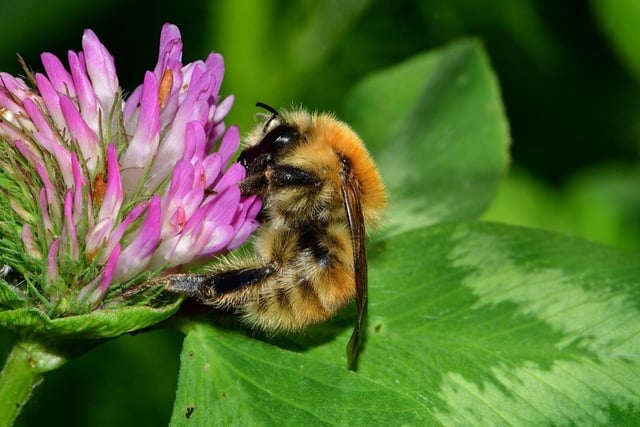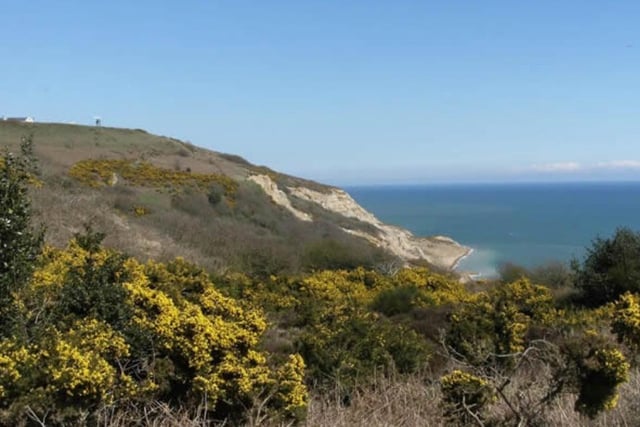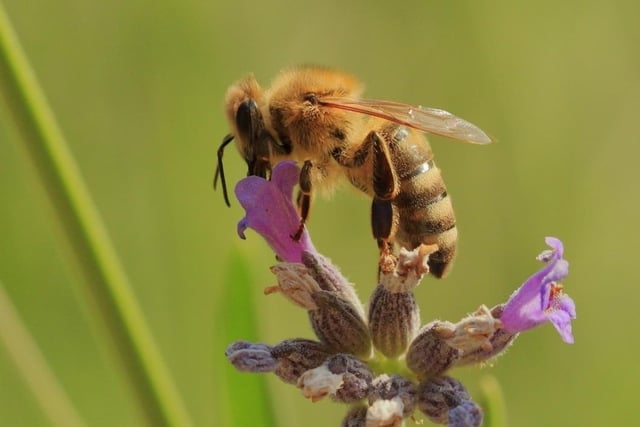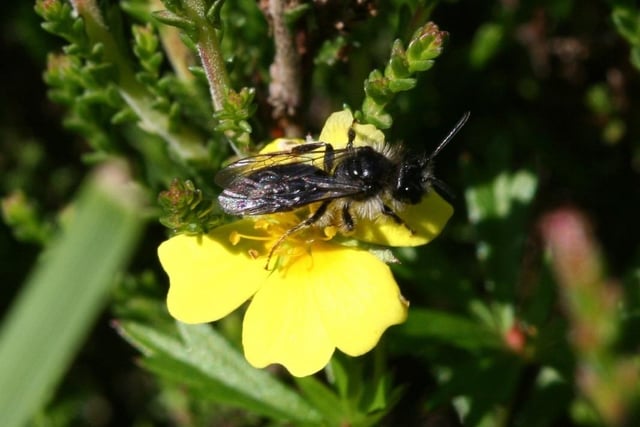The bee species selected as the focus for this two-year project are those that are native to the area, these are the long-horned bee, brown-banded carder bee, tormentil mining bee and oak mining bee, although the new nectar sources will be beneficial to all pollinators.
Wildflower areas will be created at spaces across the town, including Hastings Country Park Nature Reserve, West Hill, Summerfields and Hastings Museum and Art Gallery. There will also be other habitat improvements taking place, such as hedgerow planting, woodland edge scalloping and the creation of bare earth scrapes and bee banks, ideal for mining bees which nest in the ground. Several bee surveys will take place over the summer months to monitor the impact of the wildflower areas and to see which bee species are using them.
63 projects across the county have been awarded grants by Natural England totalling £14.5m. These projects will benefit species which often have specialist life cycle requirements and will contribute to the government's goals of reducing the risk of species extinction by 2042 and increasing species abundance by 2030. While helping to put in place a Nature Recovery Network across England where wildlife can recover, move freely and thrive.
Shelley Pletsch from Groundwork South, said: "Funding for enhancing and creating foraging habitats for pollinators around Hastings is a wonderful opportunity not only to support nature, but also to upskill and involve our community which is at the core of all of our projects. The wildflower swathes will look beautiful as well as be beneficial."
Cllr Glenn Haffenden, lead councillor for natural environment at Hastings Borough Council, added: "Sadly, many native bee species are threatened and in serious decline, that's why this recovery action is so important. Bees are an integral part of our ecosystem and many of the UK's arable crops benefit from bee pollination. Without them, the food chain would be seriously impacted.
"This project will create specialised habitats appropriate to each of the identified bee species, this includes improving the diversity of wildflower meadows, woodland edge habitat, restoring and planting new hedgerows and making improvements to grassland to increase their opportunity for foraging."
If you would like to get involved with the project, please contact [email protected].
Have you read? Hastings residents affected by landslide launch an appeal
Have you read? Hastings says farewell to charismatic fashion designer who created clothes for David Bowie

1. Helping the bees
The brown-banded carder bee Photo: supplied

2. Helping the bees
Hastings Country Park is one of the areas involved in the bee project Photo: supplied

3. Helping the bees
The Western honey bee Photo: supplied

4. Helping the bees
The Tormentil mining bee Photo: supplied